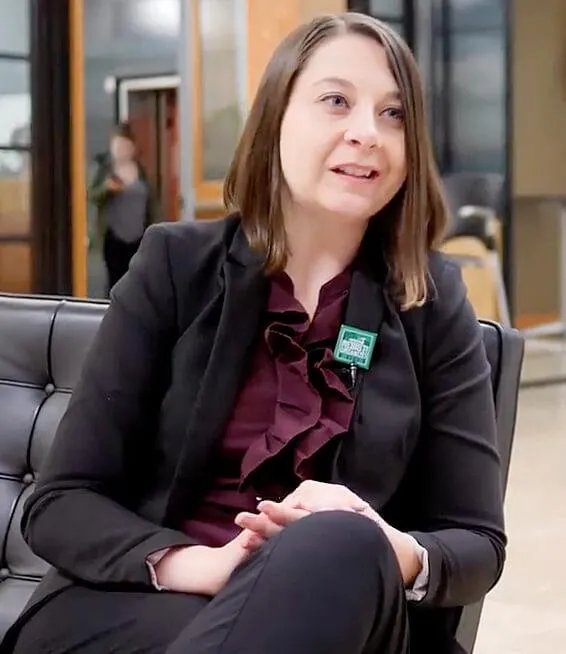During Mental Health Month, Hear the Voices of Behavioral Health Professionals

To raise public awareness of mental illness, May was designated Mental Health Month 70 years ago (it began as Mental Health Week). Since then, the organization behind its creation, Mental Health America, has been a force for educating the public about this urgent problem.
Nobody knows the scope of the problem better than the men and women who serve as behavioral health professionals in communities across the country. Educating the public requires giving these workers a voice: the psychiatrists, clinicians, caretakers, social workers, case managers, alcohol and drug counselors and others who are on the front lines of helping people overcome mental illness and substance use disorders.
Through AFSCME, more than 50,000 behavioral health workers in 29 states across the country have a voice on the job, and more are joining every day. Having a voice on the job means being a part of important change; it means working together to improve services for clients and patients, conditions in the workplace and the entire behavioral health field.
Many behavioral health providers across the country face untenable caseloads, stagnant pay, unsafe working conditions and, on top of that, crushing student loan debt. But they are joining together and working with their employers to improve services and make their workplaces better.
Jillian Johnsen is a housing case manager at Transition Projects in Portland, Oregon, where she and her coworkers help people experiencing homelessness. A few months ago, her phone rang in the middle of the night: a co-worker who had accidentally been poked with a used needle was calling from the emergency room.
Many of the participants at Transition Projects are struggling with mental illness and drug addiction, and it’s not uncommon to find used needles in the shelters run by the nonprofit.
“This happened to her because we didn’t have the proper gloves to protect the upper side of our hands,” Johnsen says. “But because we’ve built a strong union, we raised our voices to advocate for the right gear and the agency’s leadership listened to us.”
Their advocacy led to a meeting with management in which workers tried on different safety gear and chose what they considered best.
“Whatever the team picked is what management ordered,” Johnsen says. “We were all very excited and proud to see that we could make a difference, and that was even before contract negotiations!”
Like Johnsen and her coworkers, behavioral health professionals across the country are making a difference by joining together through AFSCME. Read here about how they are gaining a voice on the job. And join the movement.
